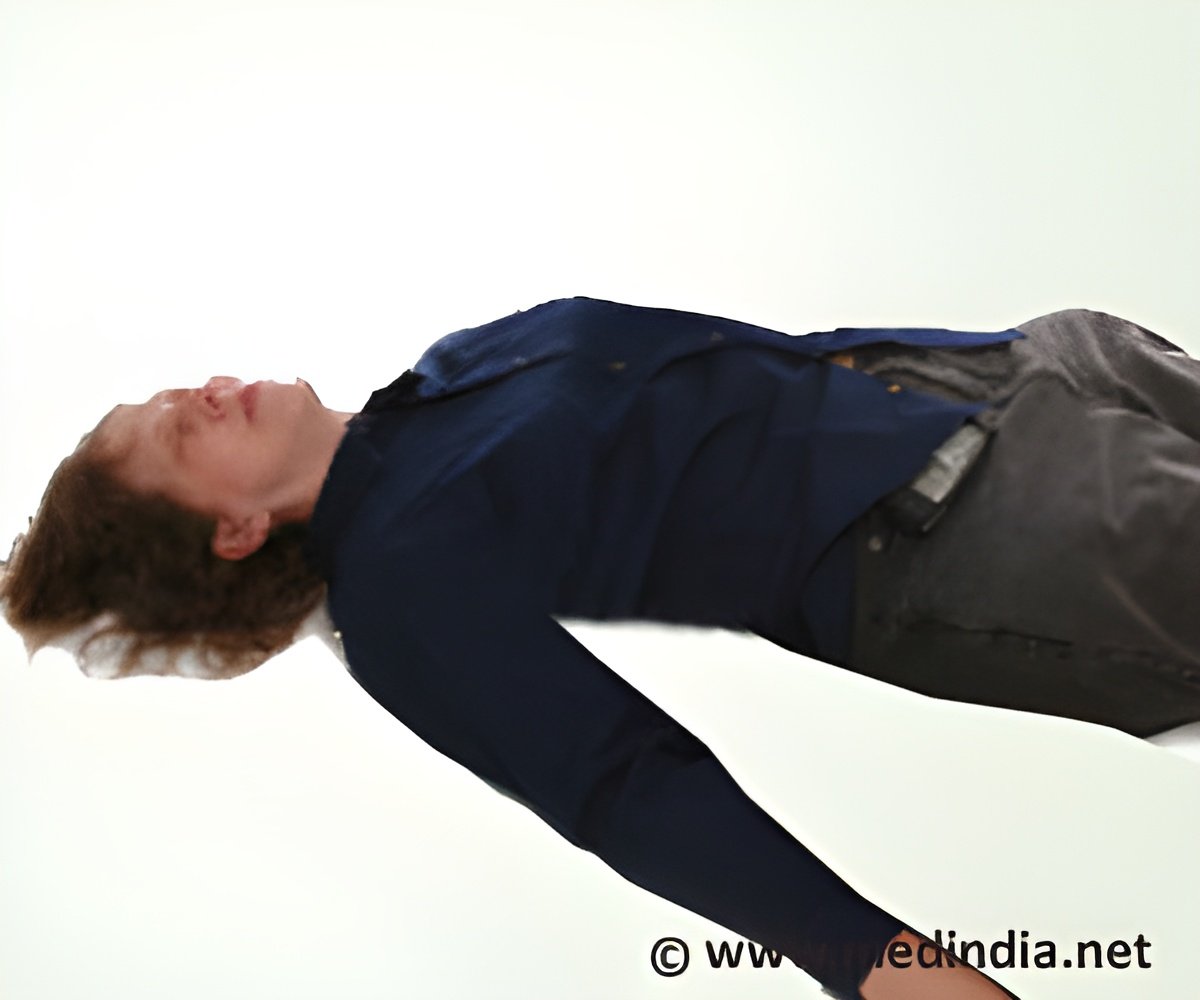Sniffing and gasping could prevent fainting by interrupting the falls in blood pressure and heart rate, and fainting has serious effects on quality of life.

The current study investigated whether sniffing and gasping could prevent fainting by interrupting the falls in blood pressure and heart rate. The study included two women aged 56 and 62 years with a history of vasovagal syncope. The head up tilt test was performed on each patient. For the test, patients lie on a table which is rapidly tilted to a 60 degree angle to mimic standing up.
The table has built in monitors for blood pressure and heart rate (using ECG). At the moment blood pressure began to drop, patients were asked to sniff or gasp twice with their mouths closed and then breathe out. The researchers found that blood pressure and heart rate did not drop and syncope was avoided. Bavolarova said: "Our test, which is like standing up quickly, previously led to falls in blood pressure and heart rate and subsequent syncope in these patients."
"But strong and forced inhalation by sniffing or gasping seemed to prevent these drops and they did not faint. We believe that sniffing and gasping have a strong sympathetic effect that inhibits the abnormal parasympathetic activity in these patients," said Bavolarova. "This stops fainting at the highest level." She concluded that patients with recurrent fainting are advised to avoid standing up quickly and standing for long periods of time.
Those who have prodromal symptoms like weakness, sweating or visual disturbances are advised to do counter-pressure maneuvers like leg crossing and hand grips to increase their heart rate and blood pressure.
Source-ANI












